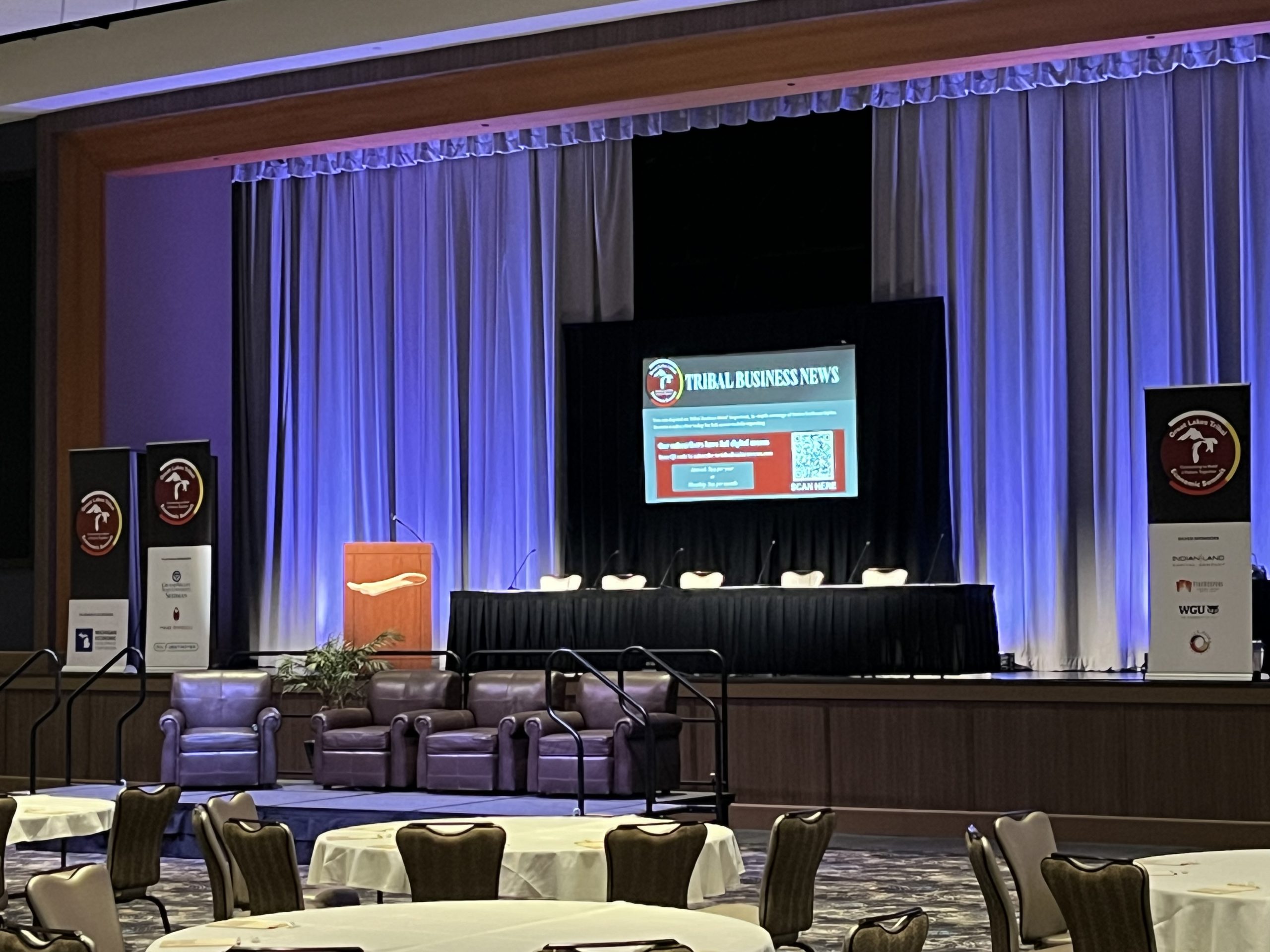
- Details
- By Tribal Business News Staff
The U.S. Small Business Administration will host a tribal consultation on Sept. 17, 2025, at the Gun Lake Casino Resort in Wayland, Michigan. The session immediately follows the 2025 Great Lakes Tribal Economic Summit, which will be held at the same facility on Sept. 16–17.
The consultation, led by Diane Cullo, assistant administrator for SBA’s Office of Native American Affairs, is intended to gather input on how SBA programs are serving tribally owned businesses, according to a notice in the Federal Register. SBA is seeking feedback on access to capital through its 7(a), 504, and microloan programs; federal contracting opportunities; business counseling and technical assistance; and the impact of the federal Nonmanufacturer Rule, which governs certain supply contracts.
Cullo will also be a featured presenter at the Great Lakes Tribal Economic Summit. The summit is aimed at tribal leaders and enterprise executives from federally recognized tribes in Michigan, Minnesota, and Wisconsin, though it is open to all.
The Great Lakes Tribal Economic Summit is hosted by our sister publication Tribal Business News.
Speakers from the region and across Indian Country will address non-gaming economic development issues including capital access, federal contracting, cross-border trade, sustainable energy, and real estate and land development. Bryan Newland, the Assistant Secretary for Indian Affairs during the Biden administration, will provide the keynote address for the event.
For more information about the summit or to register, visit: https://tribalbusinessnews.com/events/2025-great-lakes-tribal-economic-summit.
Help us defend tribal sovereignty.
At Native News Online, our mission is rooted in telling the stories that strengthen sovereignty and uplift Indigenous voices — not just at year’s end, but every single day.
Because of your generosity last year, we were able to keep our reporters on the ground in tribal communities, at national gatherings and in the halls of Congress — covering the issues that matter most to Indian Country: sovereignty, culture, education, health and economic opportunity.
That support sustained us through a tough year in 2025. Now, as we look to the year ahead, we need your help right now to ensure warrior journalism remains strong — reporting that defends tribal sovereignty, amplifies Native truth, and holds power accountable.
 The stakes couldn't be higher. Your support keeps Native voices heard, Native stories told and Native sovereignty defended.
The stakes couldn't be higher. Your support keeps Native voices heard, Native stories told and Native sovereignty defended.
Stand with Warrior Journalism today.
Levi Rickert (Potawatomi), Editor & Publisher

